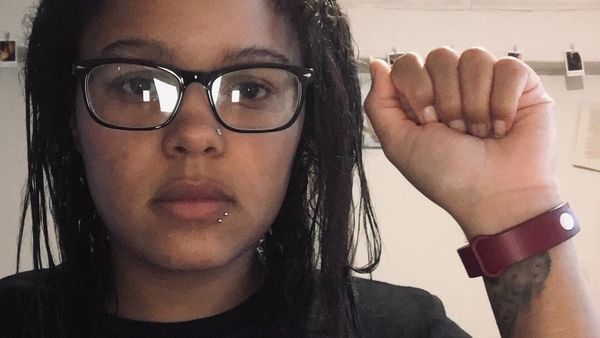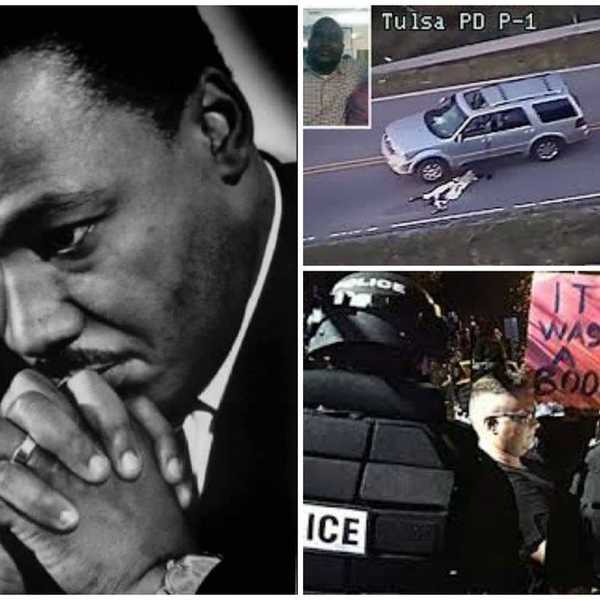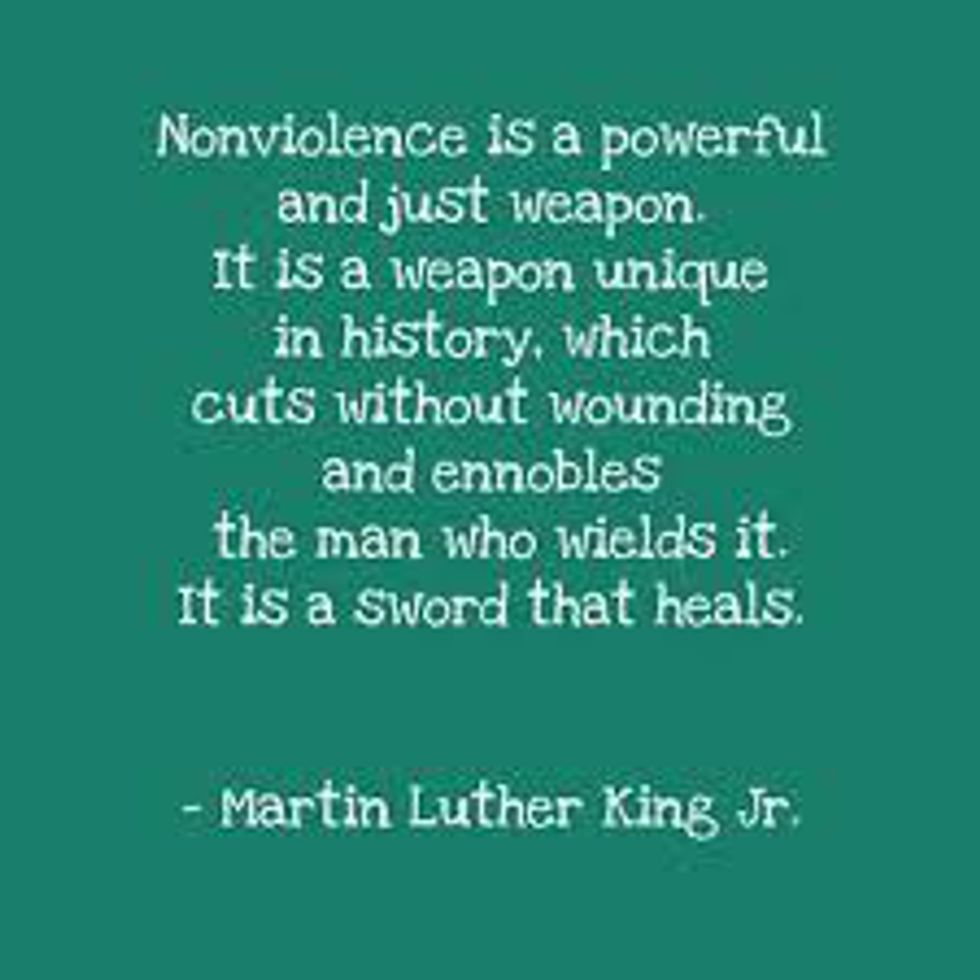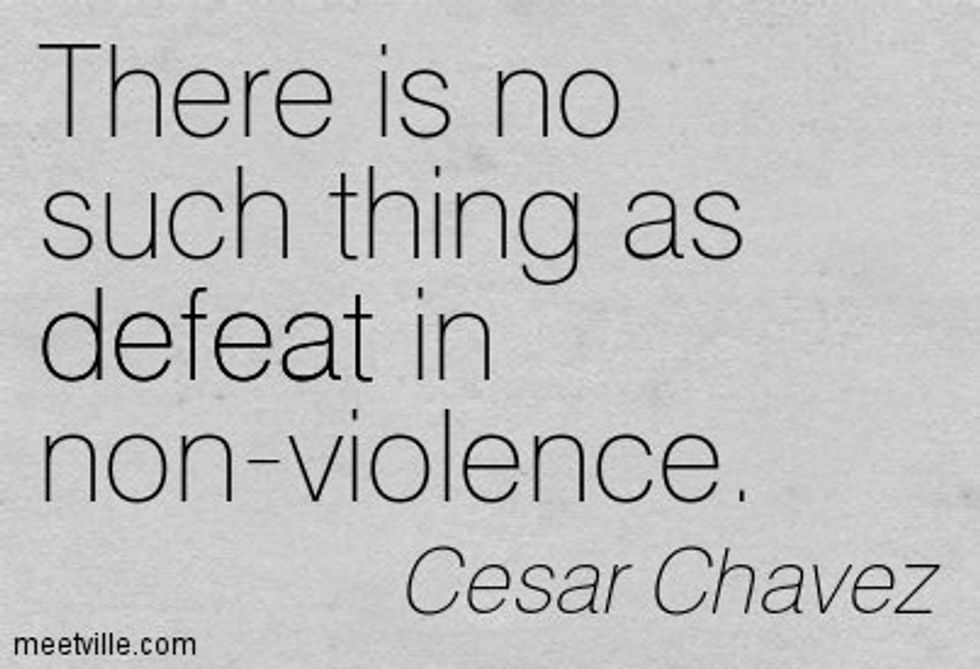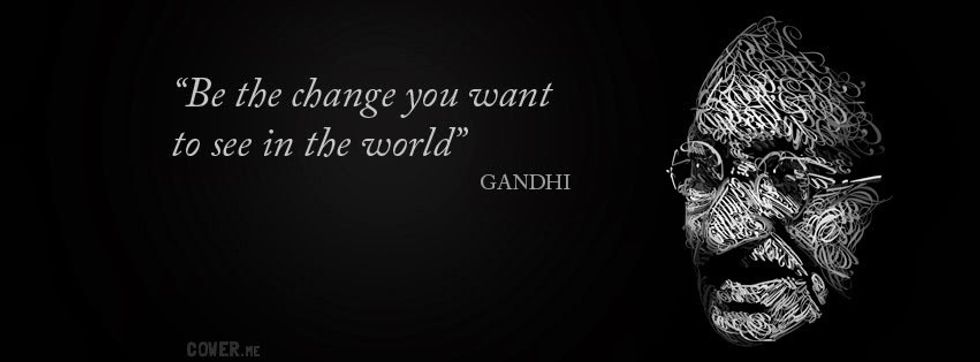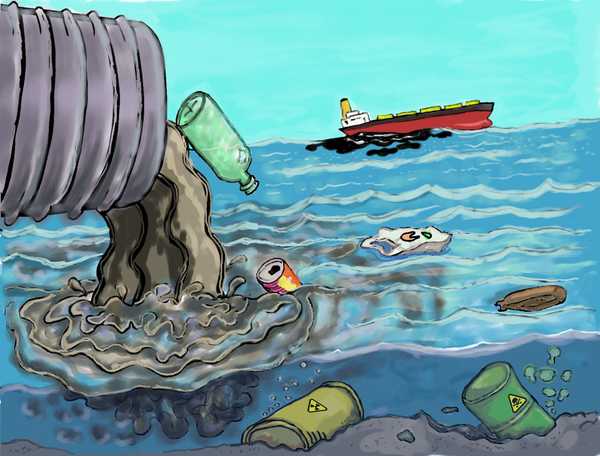Take a minute and think beyond the walls that surround you.
The 21st-century world is filled with an abundance of violence. Violence has consumed our culture. We turn on our televisions to see screens filled with gruesome images of war. We open newspapers to read headlines about death. Children are growing up believing that playing shooting and war video games, watching violent television shows and movies, and listening to aggressive music is acceptable. We are teaching future generations that violence is okay and that is not okay. Violence is not acceptable and should not be passed on to impressionable humans. However, self-defense is acceptable if one is being attacked.
Violence takes many shapes and forms including, but not limited to, physical, sexual, emotional, psychological, spiritual, cultural, verbal abuse, financial abuse, and neglect. What is violence? Violence is a cycle that never ends. It’s continuous; consuming, and drawing people deeper and deeper into the destruction it creates.
Since 1942, Congress has not officially declared a war, which seems like positive information. However, by the definition of war according to Linda Bilmes (Harvard Kennedy School) and Michael Intriligator (UCLA), who defined war as “conflicts where the U.S. is launching extensive military incursions, including drone attacks, but that aren't officially ‘declared.'” By this definition, the United States is at war in six places right now: Iraq, Afghanistan, Pakistan, Syria, Somalia, and Yemen. However, in 2013, the U.S. Special Operations Command (SOCOM) had special operations forces (SOFs) in 134 countries, where they were either involved in combat, special missions, or advising and training foreign forces. (MintPress) The United States has military forces present in 134 out of 196 countries in the world. To the common American, this may not seem like a significant detail because we are not given information as to what the military does in these countries. We are just told that the military is protecting us. No one knows if we as a nation have taken lives in those countries or when and where different operations are taking place. The United States is abusing its military power by choosing to involve itself in matters of other countries acting as if the world is a battlefield. This paves the path for other countries to cultivate resentment and take action against our forces as it has been done so time and time again.
Wars embody violence. People are killed. Not only do soldiers suffer on the battlefield, but wrestle with long-term psychological disorders often reliving their time at war. They live carrying the trauma of having to kill and watch other human beings die before their eyes. Wars create resentment and the cycle of wars is continuous. As Martin Luther King Jr. once said, “the old law of an eye for an eye leaves everybody blind.” (Stride Toward Freedom: The Montgomery Story, 1958) Wars are not necessary. We have the capability to solve all of our conflicts non-violently and peacefully. The ends do not justify the means in any situation in which you would use violence.
When it comes to political activism and creating change for the greater cause, violence should still not be used because it backfires. Instead, we should peacefully protest and participate in sit-ins where our presence can be felt. We need to stand firmly for what we believe in, even if our beliefs go against the government’s. It is our natural right to life, liberty, and happiness. No matter who you are, what country you are from, or your race, if your rights are being taken away or threatened, you have the right to defend yourself from injustices and discrimination. We can look to our forefathers Martin Luther King Jr., Cesar Chavez, Gandhi, and Nelson Mandela to set examples for nonviolent movements to create change. They successfully changed the world by gathering people who were being oppressed and uniting them together to bring to light the injustices that they faced such as discrimination, segregation, unfair wages, and leading India to independence. (Ganhdi)
If one becomes violent while claiming to be fighting for one’s rights, all that one has done is seen in countries located in Northern Europe and North America, as negative simply because you may have thrown a punch at a police officer. If you choose to become an actual person to the police officers or the human beings who have colliding opinions with you, then they are more likely to feel sympathetic for your cause and not become aggressive. It’s difficult, but unfortunately still possible, to hurt someone who has no reason to have pain inflicted upon them.
However, not doing anything at all when in the face of evil, when your life is in jeopardy, or when you are in a dangerous situation is intolerable. In the case of the holocaust, people kept in the concentration camps did not resist the inhumane deaths that awaited them. Most people quietly obeyed every command demanded from them; they took off their clothes and walked into gas chambers where they confronted death. Most people did not speak out against their oppressors nor did they revolt. We can say that the reason they did nothing was because they were weak, starving, had no weapons, or even maybe they thought putting in efforts to save themselves was just a waste of energy. Whatever their logic, it is never okay to simply surrender yourself to evil. Never. Instead, we should block the punches and not let ourselves be stepped on like dirt. Surrendering to evil means giving up and losing hope—it's believing that the fate of our lives lies within someone else’s hands and that is like pulling the trigger for someone who is holding a gun at our heads. It’s preposterous.
As a victim of violence, I know from first-hand experience the traumatizing and long-lasting effects that it has on people. I grew up in a neighborhood where violence was always present. Four adolescents lost their lives to gang violence at a park that was less than block away from my home. They had their whole lives ahead of them and yet their killers still chose to pull the trigger and end their lives. They had no mercy even when they pleaded for their lives. None got to finish high school, get married, have children, or even say goodbye to their loved ones. One of my neighbors was murdered 30 feet from my front door. I’ve seen the SWAT team arrest a man for murder. Violence leaves people with scars that sometimes can’t be seen, but the scars are still there often recurring in my head, bringing back tears and painful memories.
Violence is unacceptable, but sadly it is inevitable in our society. However, we should do everything possible to limit the amount of violence. The best place to start is within ourselves by simply refusing to take any part in violence. Avoiding violence can be as simple as changing the channel when something that encourages abuse comes on, refusing to let children fight amongst each other, or even speaking out against people that that use their power to dehumanize and oppress others (For example, the military, the government, the police, even Donald Trump).
The best thing we can do is block the punches and carry on forward creating positive change.

